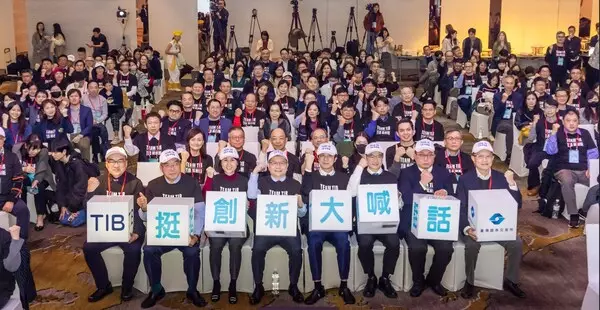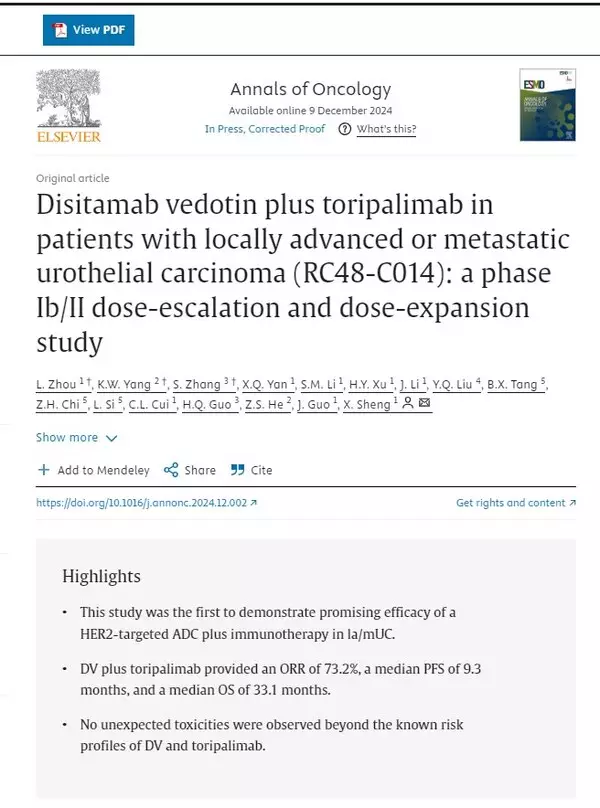TAIPEI, Jan. 7, 2025 /PRNewswire/ -- The Taiwan Stock Exchange (TWSE) has unveiled its upgraded Innovation Board (Taiwan Innovation Board, TIB) on January 6, 2025, removing restrictions on qualified investors and opening the market to retail investors. This significant reform aims to boost market liquidity, increase accessibility, and position Taiwan as a regional leader in innovation and investment, establishing the TIB as Asia's premier platform for startups and emerging industries.
Initially launched in July 2021, the Innovation Board was limited to qualified investors, such as institutional investors and entities with substantial trading experience and financial assets. The new framework removes these barriers, expanding access to Taiwan's 13 million account holders, up from the original 300,000 qualified investors.
"The removal of the qualified investor restriction will not only boost liquidity but also enhance company valuations," said Sherman Lin, Chairman and CEO of the TWSE.
Taiwan's capital market reached a historic milestone in 2024, soaring by over 28%, making it the best-performing stock market in Asia and the second-best globally, trailing only the NASDAQ in the United States. Lin emphasized that the TWSE will focus on "technology" and "innovation" as the dual pillars driving its future growth, with the goal of transforming Taiwan into a smart technology island.
The introduction of the Innovation Board 2.0 is a pivotal move, positioning Taiwan as a premier destination for innovative enterprises across Asia. "This initiative is expected to attract cutting-edge companies and foster an environment conducive to technological advancements and economic growth," said Lin.
Looking ahead, the TWSE plans to strengthen collaboration within domestic innovation ecosystems while targeting international markets such as Japan, Singapore, Malaysia, and Vietnam to attract startups and growth-stage companies to list in Taiwan.
"The Innovation Board 2.0 not only helps retain Taiwanese startups considering overseas listings but also aims to attract Asia's new economy companies, solidifying Taiwan's position as a regional leader in innovation and investment," Lin added.
Since its inception, the TIB has supported over 20 innovative companies with core technologies or unique business models in accessing capital markets for fundraising, underscoring its critical role in fostering innovation and growth.
Advancing Taiwan's Capital Market
A skit at the event showcased the significant upgrades to the Innovation Board and detailed TWSE's initiatives to develop a robust, investor-friendly capital market in collaboration with the Taiwan Index Plus Corporation and the Taiwan Carbon Solution Exchange. To enhance liquidity and engage investors, TWSE introduced initiatives, including market-making rewards for proprietary traders, broker-led education campaigns, and a lottery program for retail investors.
As the TWSE expands its international outreach in 2025, the Innovation Board is set to become Asia's premier platform for startups and emerging industries, fostering growth, investment, and innovation across the region.
** The press release content is from PR Newswire. Bastille Post is not involved in its creation. **

TWSE Transforms Innovation Board into Asia's Premier Startup Platform

TWSE Transforms Innovation Board into Asia's Premier Startup Platform
YANTAI, China, Jan. 8, 2025 /PRNewswire/ -- On Janurary 7th, 2025, Annals of Oncology (IF: 56.7), a top oncology journal globally, published remarkable long-term follow-up results of a phase 1b/2 clinical trial on Disitamab Vedotin (DV) (developed by Remegen Co., Ltd) combined with Toripalimab in treating locally advanced or metastatic urothelial carcinoma (la/mUC) (NCT04264936, study ID: RC48-C014). This trial was supervised by Professor Jun Guo and Professor Xi'nan Sheng's teams from Peking University Cancer Hospital.
It is the first time that long-term follow-up data has been released for a HER2-targeted antibody-drug conjugate (ADC) and PD-1 inhibitor combination therapy in treating la/mUC, marking it a significant milestone. The nearly-three-year follow-up data revealed an objective response rate (ORR) of 73.2% and median overall survival (OS) of 33.1 months, superior to data published from any other prospective clinical studies on ADC plus PD-1 combination therapies for la/mUC.
New Treatment Options for Patients with La/mUC
UC is the sixth most common cancer worldwide. GLOBOCAN 2022 estimated the year 2021 saw 614,298 new cases and 220,596 deaths of UC. In recent years, the prognosis for patients with la/mUC has significantly improved with new drugs and combination therapies approved, among which ADCs demonstrated outstanding potential.
As a HER2-targeted ADC, DV has been approved in China for patients with HER2-overexpressing (defined as immunohistochemistry [IHC] test results of 2+ or 3+) la/mUC previously treated with platinum-containing chemotherapy. The approval is based on the pooled results of two studies (NCT03507166 and NCT03809013, study IDs: RC48-C005 and RC48-C009) where the ORR registered 50.5% and the median duration of response (DOR) registered 7.3 months.
Multiple clinical studies on la/mUCin recent years have confirmed the synergistic antitumor effects of ADC combined with immunotherapy. NCT04264936 offered stronger evidence as its long-term follow-up results published in the Annals of Oncology demonstrated the high response rate, significant survival benefits, and manageable safety profile of the DV and Toripalimab combination therapy.
DV Combined with Toripalimab: High Response Rate and Prolonged Survival
NCT04264936 is an open-label, multicenter, investigator-initiated phase 1b/2 clinical trial investigating the safety and efficacy of DV in combination with Toripalimab for the treatment of patients with HER2-expressing la/mUC. The dose-escalation study (phase 1b) assessed two dose levels of DV (1.5 and 2.0 mg/kg) combined with Toripalimab (3.0 mg/kg) to determine the recommended phase 2 dose which was then evaluated in the dose-expansion stage (phase 2).
From August 2020 to December 2021, 41 patients were enrolled with a median age of 66 years. 53.7% of the participants were male, 70.7% had an ECOG performance status score of 1, 17 (41.5%) had lung metastasis, and 10 (24.4%) had liver metastasis.
As of March 1, 2024, among all participants, the ORR was 73.2% with 4 (9.8%) achieving complete response and 26 (63.4%) achieving partial response, the DCR was 90.2%, the median progression-free survival (PFS) was 9.3 months, the median DOR was 8.6 months, the median OS was 33.1 months and the 36-month OS rate was 49.2%.
Subgroup analysis revealed ORR benefits across all subgroups regardless of the number of prior lines of systemic treatments, HER2 expression (IHC 1+/2+/3+), and PD-L1 expression status. The ORRs for chemotherapy-naïve patients and those who progressed on platinum-based chemotherapy were 76.0% (19/25) and 68.8% (11/16), respectively. The ORRs for patients with HER2 IHC 3+, 2+, 1+, or 0 were 80.0%, 84.2%, 64.3%, and 33.3%, respectively. Compared with the three HER2 IHC 0 participants (one of whom achieved partial response), those with HER2 expression (IHC 1+/2+/3+) had a higher ORR (76.3% vs 33.3%) and longer PFS (median PFS: 9.3 vs 1.7 months).
In summary, the DV and Toripalimab combination therapy has preliminarily demonstrated promising efficacy and manageable safety profile among patients with la/mUC, wherein those with HER2 expression (IHC 1+/2+/3+) achieved high response rates and long-term survival benefits. These findings support the further exploration and validation of the benefits of DV combined with PD-1 inhibitors in treating la/mUC.
** The press release content is from PR Newswire. Bastille Post is not involved in its creation. **

Published in Annals of Oncology: Disitamab Vedotin Combined with PD-1 Inhibitor is a Promising Treatment for Locally Advanced or Metastatic Urothelial Carcinoma












